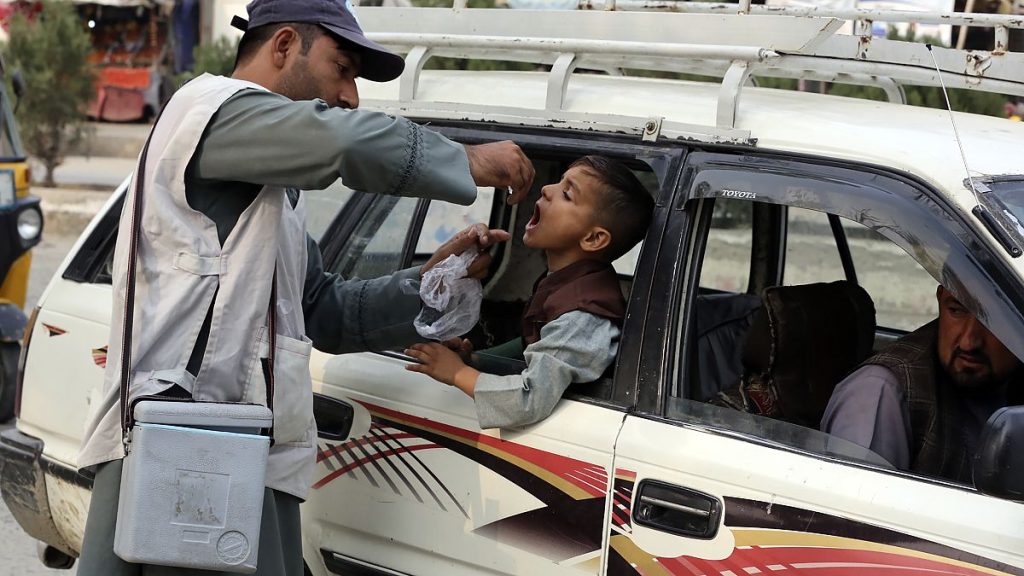The global health landscape in 2025 is dominated by a confluence of humanitarian crises, leading to both immediate and long-term health challenges. The World Health Organization (WHO) has identified 42 health emergencies affecting a staggering 305 million people worldwide. These emergencies are primarily rooted in humanitarian disasters, including armed conflicts, political instability, displacement, climate change, and disease outbreaks. These factors disrupt essential medical services like vaccinations, hinder access to clean water and sanitation, exacerbate malnutrition and the spread of infectious diseases, negatively impact mental health, and often result in attacks on healthcare facilities, further compounding the suffering caused by the initial disasters. The WHO emphasizes the critical role of healthcare delivery in peace-building, highlighting the interconnectedness of health and stability.
Among the 42 emergencies, 17 have been classified as “grade three” crises, indicating the highest level of severity. These crises span various regions and are driven by diverse factors, but they share the common thread of undermining health systems and jeopardizing the well-being of millions. The war in Ukraine, for example, has witnessed over 200 attacks on healthcare facilities, severely crippling the country’s health infrastructure and leaving over 12.7 million people in need of medical assistance. Similarly, the Israeli conflicts with Hamas and Hezbollah have devastated Gaza’s hospitals, with over 3 million people requiring medical support in Gaza and the West Bank. In Lebanon, the conflict with Hezbollah has left only four functional hospitals in affected areas, placing immense strain on the remaining healthcare infrastructure.
The ongoing civil war in Sudan has resulted in widespread destruction of healthcare facilities, with approximately 39% rendered non-functional or destroyed. The relentless attacks on medical centers, including a recent attack on an emergency ward that prompted Doctors Without Borders (MSF) to withdraw from a hospital, have left about 30.4 million people in need of emergency medical care. The mass displacement of over 2.9 million people fleeing Sudan has further burdened the health systems of neighboring countries, while refugee camps struggle to contain outbreaks of infectious diseases like cholera, malaria, measles, and hepatitis E.
The long-lasting effects of conflict and instability are evident in countries like Syria and Afghanistan. Syria’s health system, already weakened before the ouster of President Bashar al-Assad, now faces the challenge of supporting the returning refugees, with an estimated 16.7 million people in need of health aid. In Afghanistan, two decades of war and the Taliban’s restrictive policies have left the health system fragmented and under-resourced, leaving 14.3 million people requiring healthcare assistance. The return of refugees from Pakistan and the internal displacement within Afghanistan have further strained the already limited resources, highlighting the urgent need for accessible medical care, including preventive services.
Beyond conflict, other factors such as weakened governance, gang violence, and disease outbreaks contribute to the complex health emergencies. In Haiti, weakened state institutions and escalating gang violence have left 40% of the population in need of urgent medical care, compounded by an ongoing cholera epidemic. In Myanmar, the conflict between Buddhists and Muslims, coupled with displacement, natural disasters, economic hardship, and the threat of cholera outbreaks, poses a grave risk to millions. Yemen faces a similar confluence of environmental crises and conflict, which has pushed the country towards famine, alongside the spread of vaccine-preventable diseases like diphtheria and pertussis.
A combination of climate-related disasters, disease outbreaks, and violence is creating overlapping health crises across several countries in Africa and Asia. Ethiopia faces multiple challenges, including drought, floods, landslides, cholera and malaria outbreaks, and ongoing violence, leaving 21.4 million people in need of health assistance. Somalia grapples with disease outbreaks, climate crises, and one of the highest maternal mortality rates globally, with 6 million people requiring urgent healthcare. In South Sudan, the health sector is overwhelmed by malaria and measles outbreaks, hampered by security issues and bureaucratic hurdles that impede the flow of humanitarian aid. The Democratic Republic of Congo (DRC) faces a complex health emergency involving multiple disease outbreaks, including mpox, cholera, measles, polio, and COVID-19, alongside security challenges, food insecurity, and natural disasters, impacting approximately 13 million people. These interconnected challenges underscore the urgent need for sustained international cooperation and effective humanitarian responses to address the complex and evolving global health crises.














